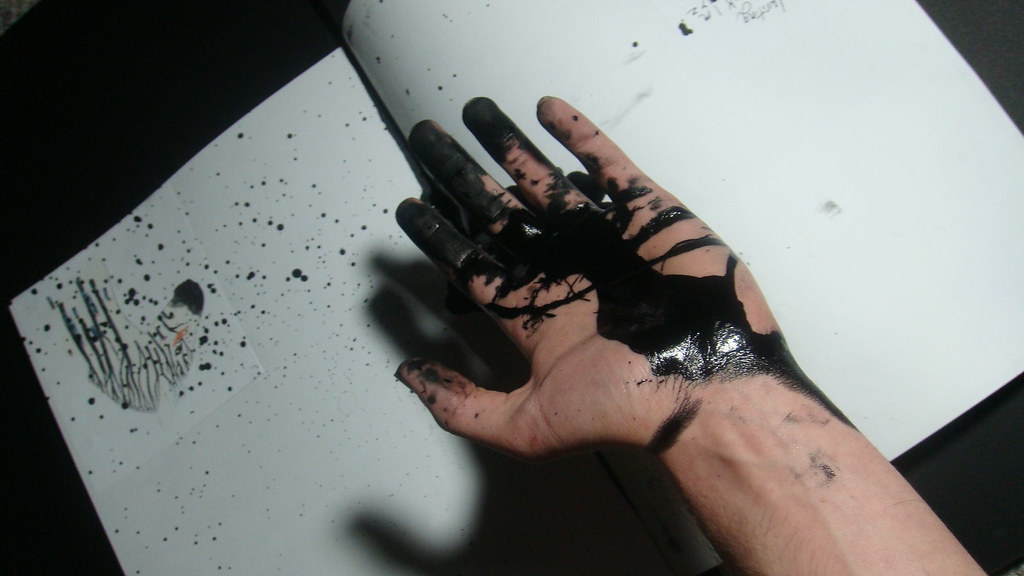
There have been a lot of twitter threads going around about how schools fail gifted children, and how gifted children can grow up to be adults who don’t have a lot of the skills they need because they were not taught much in school, but always told how smart they were.
I went to the excellent public schools in Ithaca, New York, and had parents who praised me more for hard work than for being smart. My high school honors and AP track was very challenging, and I excelled, but not without a lot of hard work. When I got to college, even Cornell’s Engineering School, I did not have to work as hard as I did in high school–at least not until I also started working 30 hours a week on top of a full course load. (High school and college were not super fun for me, but I did learn to work hard.)
In school I learned to think of myself as smart, yes, but I knew I wouldn’t succeed without work.
But where school and being tracked as “gifted” failed me, especially when I became an adult, was in teaching me how to fail. I hated failing, refused to fail, felt as though my reality was falling apart if I did fail in any way. And not only that, but I became convinced–and I still struggle with this to some degree–that whatever success I achieved was the bare minimum of acceptability. Tomorrow I needed to be better, and if I wasn’t better every single day, I was failing, and therefore worthless.
This is the very worst mindset for writing. Writing is never perfect. I spent my 20s doing lots of writing that was never meant to see more than a small audience, and learning how to turn off my internal editor when rough drafting. I learned to write rough drafts fast without looking back until later. It was very hard. I still have to read my early drafts with my hands over my eyes, sighing heavily the whole time, because it feels very Not Good.
I reached a real low point with my perfectionism in my late 20s. I had a lot going right for me, but I was depressed and anxious and full of self-hatred all the time. Therapy definitely helped, but so did learning to write. I also started doing Ashtanga Yoga, which gave me something to try and fail at over and over again. Later, I started Crossfit, and I cried about my failures at least once a week and dwelled on them after every single work out. But eventually I learned to be okay with failing, to pick and aim for little, achievable successes, to enjoy doing something I’m not very good at and will never be great at.
It was also the time I became a baseball fan, which is the perfect sport for understanding failure. So much of baseball never seems to come to anything: at bats that become strike outs, players who get on base and never complete a run. But at the end there is beauty and narrative and success. A very good batter only gets a hit 30% of the time. That’s an abject failure by any academic measure, but not in real life.
Without those early drafts that feel like failures, the finished work can never emerge. And without trying and failing at the various athletic things I’ve done, I wouldn’t get better and find the joy in them.
Most importantly, I got used to trying with the possibility that I might fail, but knowing that failure is not the end, and unless you walk away and don’t learn anything from it, it’s not even really a failure. Today I write many things I end up cutting from my novels, but in writing them, I discover where the scene does not go, the words that should not be there, and that points me to the words that should.